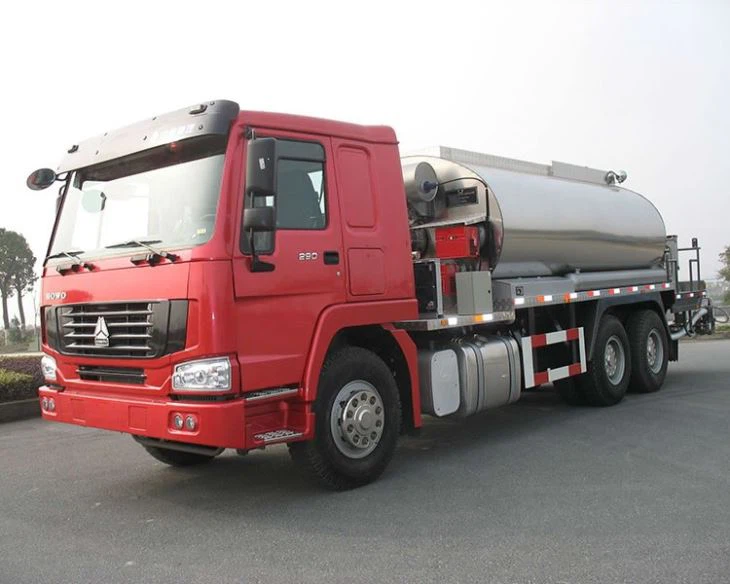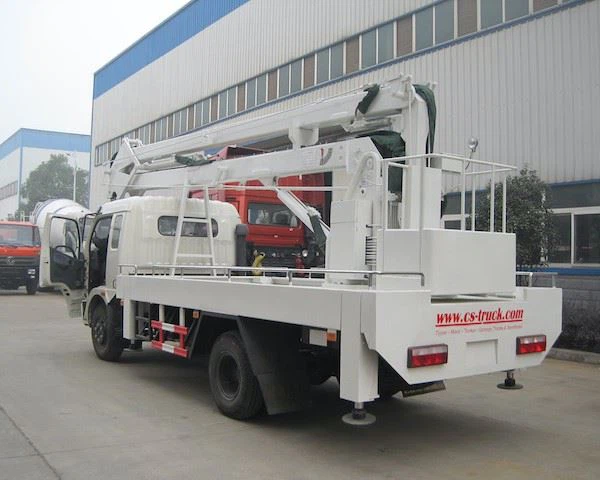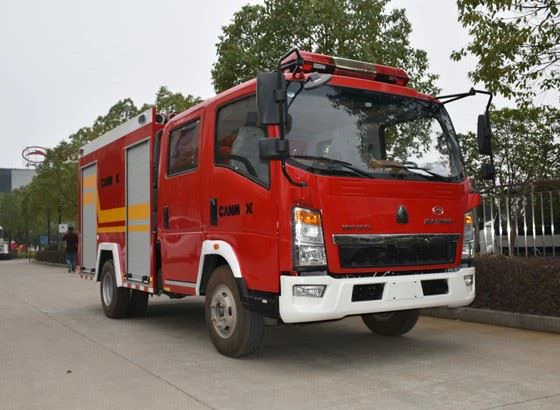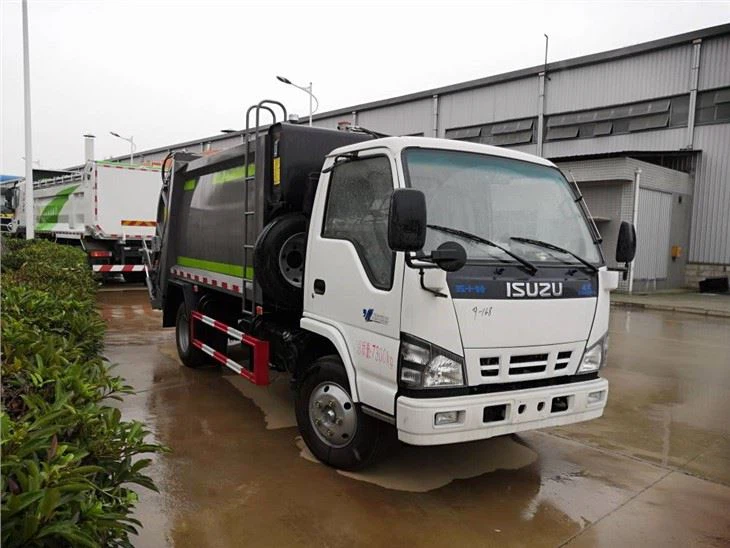Introduction
Trash pickup trucks play a crucial role in maintaining cleanliness and hygiene in urban and rural areas alike. These specialized vehicles are designed to collect, transport, and dispose of waste efficiently. In this comprehensive article, we’ll explore the various facets of trash pickup trucks, including their design, operation, maintenance, and technological advancements. Whether you’re a waste management professional or simply curious about how these trucks work, this guide has you covered.
What is a Trash Pickup Truck?
A trash pickup truck, often referred to as a garbage truck, is a vehicle designed specifically for collecting and transporting waste materials. These trucks come in various types, each suited for different waste management needs. The primary function of a trash pickup truck is to pick up, compact, and transport garbage from residential and commercial areas to landfills or recycling centers.
Types of Trash Pickup Trucks
Understanding the types of trash pickup trucks can help you appreciate their unique features and functionalities. Here are the most common types:
1. Rear-Loader Trucks
Rear-loader trucks have a compartment at the back for waste collection. Workers manually load garbage bags into the truck through the rear, often using a lifting mechanism. This design is ideal for areas with limited space.
2. Front-Loader Trucks
Front-loader trucks are equipped with hydraulic arms that lift large dumpsters and empty their contents into the truck’s hopper. They are widely used in commercial environments where bulk waste is generated.
3. Side-Loader Trucks
These trucks have bins on the side that allow for automated collection of trash cans. Side-loaders are efficient for residential areas, minimizing the need for workers to get out of the truck.
4. Compression Trucks
Compression trucks have a mechanism to compact the waste within the truck, allowing them to carry more waste at once. Their design helps to reduce the number of trips to the landfill.
How Trash Pickup Trucks Operate
The operation of a trash pickup truck involves multiple steps from the collection to the disposal of waste. Understanding this process is essential for effective waste management.
Step-by-Step Operation
- Collection: The truck drives through designated routes and stops to collect waste from designated locations.
- Loading: Workers or automated systems load waste into the truck. Each type of truck employs different loading mechanisms.
- Compaction: Once loaded, compaction systems compress the waste to maximize space.
- Transport: The truck then transports the waste to a landfill or recycling center.
- Dumping: At the destination, the waste is unloaded, often using hydraulic systems.
- Return Journey: After disposal, the truck returns to its route for further collections.
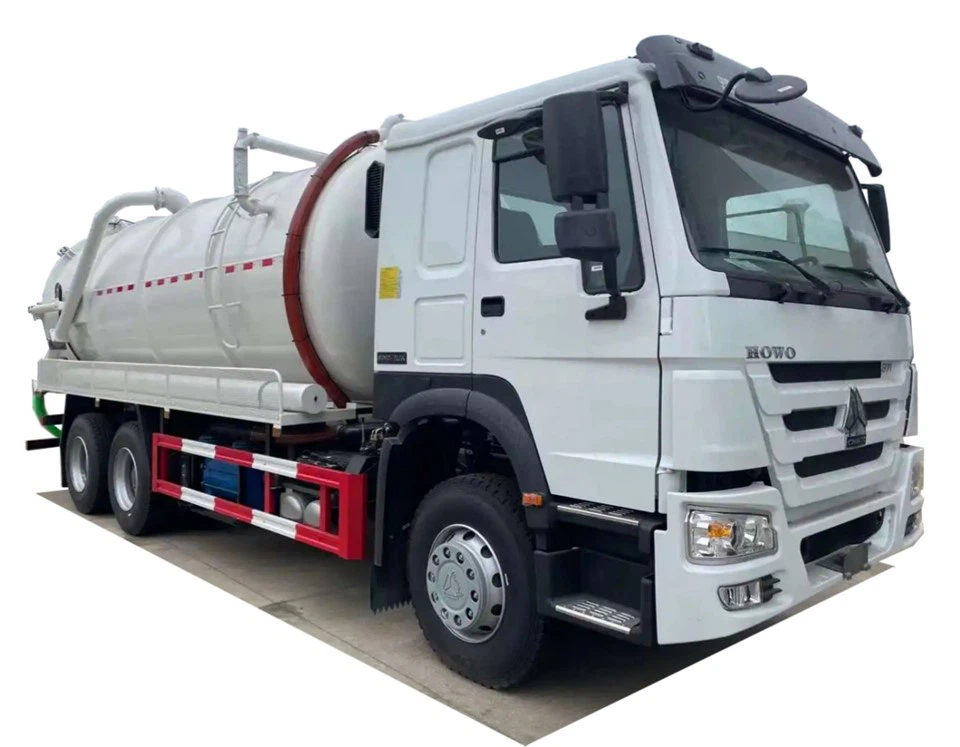
The Importance of Trash Pickup Trucks
Trash pickup trucks are vital for maintaining public health and safety. They help prevent littering, reduce environmental hazards, and promote recycling practices. Here are some key reasons why these vehicles are important:
1. Public Health
Regular waste collection minimizes the risk of diseases associated with waste accumulation. Proper waste management can significantly reduce pests like rodents and insects.
2. Environmental Protection
By efficiently transporting waste to designated sites, trash trucks help safeguard the environment. They play a crucial role in ensuring that waste is disposed of correctly and recycling protocols are followed.
3. Aesthetic Appeal
Clean neighborhoods are attractive and enhance the quality of life for residents. Trash pickup trucks contribute significantly to keeping communities clean.
Innovations in Trash Pickup Truck Technology
The waste management industry is continually evolving, and trash pickup trucks are no exception. Advancements in technology are making these vehicles more efficient and environmentally friendly.
1. Electric Trash Trucks
Electric trash trucks are becoming more popular due to their reduced emissions compared to diesel-powered vehicles. These trucks are quieter and help improve air quality in urban areas.
2. Smart Routing Systems
Modern trash pickup trucks use GPS and data analytics to optimize collection routes. This reduces fuel consumption and enhances overall operational efficiency.
3. Automated Loading Systems
Automated systems allow for faster and safer load collection. Reducing human error not only increases safety but also speeds up the collection process.
Maintenance of Trash Pickup Trucks
Regular maintenance of trash pickup trucks is essential to ensure their proper functioning. Here are some key maintenance practices:
1. Daily Inspections
Drivers should conduct daily inspections of braking systems, tires, lights, and hydraulic systems before use to ensure the truck is safe and operational.
2. Regular Servicing
Scheduled servicing according to the manufacturer’s guidelines helps to maintain the truck’s performance. This includes oil changes, replacement of filters, and inspections of mechanical parts.
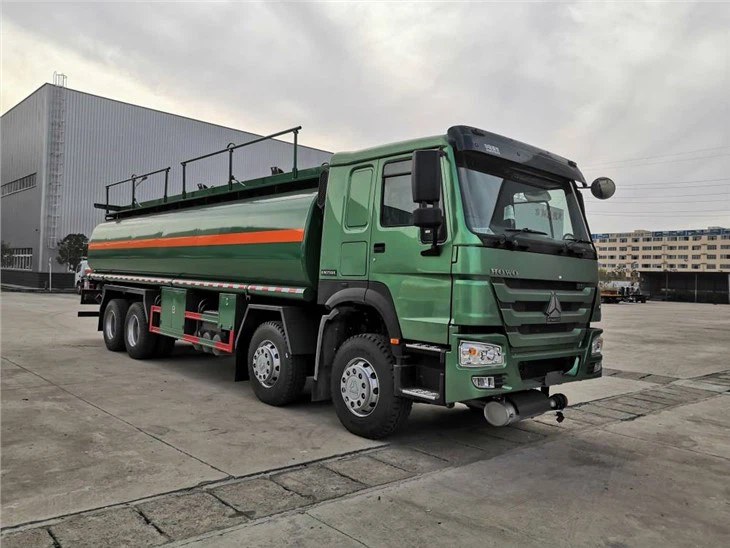
3. Keeping It Clean
Regularly washing the truck not only keeps it looking good but also prevents odor buildup and corrosion from waste materials.
Examples of Trash Pickup Truck Routes
Effective planning of trash pickup routes can enhance efficiency and reduce operational costs. Here are two examples:
1. Residential Route
- Start in low-density neighborhoods where houses are spaced far apart.
- Next, move to higher-density apartment complexes.
- End the day with city parks or public waste bins.
2. Commercial Route
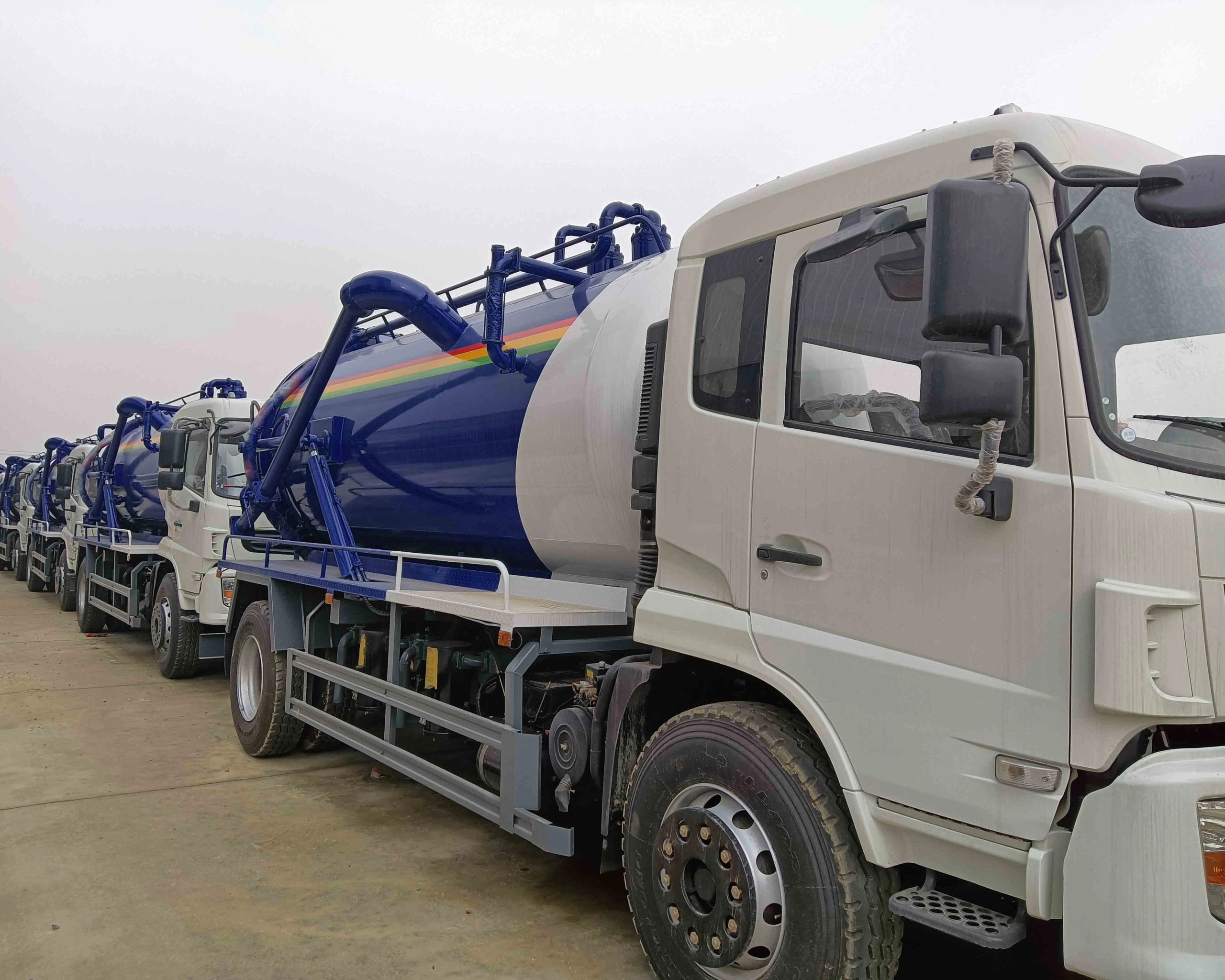
- Begin at high-traffic commercial areas early in the morning.
- Afterward, collect from shopping centers and restaurants.
- Finish in industrial parks that generate bulk waste.
Challenges Facing Trash Pickup Trucks
While trash pickup trucks are an essential part of waste management, they face several challenges:
1. Traffic Congestion
Traffic can affect pickup times and deter schedule adherence. Proper scheduling can help avoid peak traffic hours.
2. Budget Constraints
Municipalities often face budget limitations, affecting the maintenance and purchase of new trucks. Investing in efficient technologies can help offset long-term costs.
3. Community Resistance
In some cases, communities may resist new routes or schedules for waste collection. Effective communication helps address concerns and alleviate resistance.
Frequently Asked Questions (FAQs)
1. How often should trash pickup services occur?
The frequency of trash pickup services typically depends on local regulations and population density. Many urban areas have weekly pickups, while rural areas may have bi-weekly or monthly schedules.
2. Do trash pickup trucks recycle waste?
Not all trash pickup trucks are equipped for recycling. However, some municipalities utilize specialized trucks to separate recyclable materials from regular garbage.
3. What should I do if my trash wasn’t picked up?
If your trash wasn’t picked up, contact your local waste management service for a resolution. Ensure your trash is placed properly before the scheduled pickup time in the future.
4. Can I place hazardous waste in my regular trash?
No, hazardous waste should never be placed in regular trash. Check with local waste management services for appropriate disposal methods for hazardous materials.
5. How can I help improve waste management in my community?
Educating others about proper waste disposal, participating in clean-up events, and advocating for better recycling programs can help improve waste management in your community.
6. What are the environmental benefits of using electric trash trucks?
Electric trash trucks produce lower emissions, reduce noise pollution, and help improve air quality. They can significantly lessen the overall environmental impact of waste management operations.


